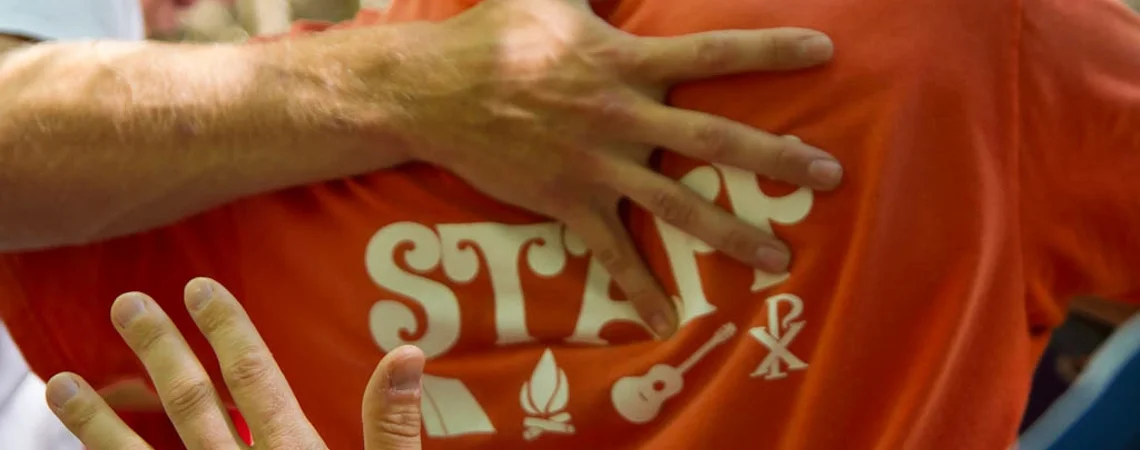Here’s a weird idea: every year, hundreds of girls drive through a lonely highway that leads to a shady, wooded road that trails into dirt path and eventually opens up into what kind of feels like an oasis. There is a basketball court, a lake, and two (two!) Gaga pits all right there in the middle of what seems like nowhere. And those hundreds of girls know exactly the path that leads to that area and exactly where the basketball court sits in relation to Gaga pits. They know how far out on the lake they can be and still hear the lunch bell. Think about that. There is a vague, imaginary line in an arc around a random lake that holds importance only to a select set of people, but for those people, that line is totally essential. Isn’t that weird? Isn’t that inexplicably odd?
I know this is camp’s appeal. I've lived it and loved it as a camper and counselor. But you forget. In all the routine of getting your campers to change their underwear, or reminding them to brush their teeth, or insisting that though you do, in fact, remember that your camper is allergic to Red 5, the apple slices you cut are just fine to eat—in all that, you sort of forget the awe of arriving at camp after having, for months, re-mapped its geography in your head. You forget the child-like wonder of being lost in the woods.
Today I saw Fernwood Cove in Harrison, Maine. It is a beautiful camp run by wonderful people. Here are some facts about it: Jim and Beigette Gill are the directors. They live on the property. It is an all-girls camp with over forty activities to choose from daily. The kitchen staff is all Hungarian. There are more buildings on the property than I can remember. They have pigs.
There are many other facts about Fernwood Cove (most of which I promise are more important than those noted above), but even those other facts will be insufficient. They will always be insufficient. One of the great mysteries of summer camps is that they’re greater than the sum of their parts—that you could take away any single leader or area or activity and camp would feel the same. And that gets at the heart of what I began to understand talking to Fernwood Cove’s staff. There is an undisruptable something—be it values or particular senses of awareness or outright magic—that makes camp Camp.
Tonight, I talked with Jim while his five-year-old son, Perrin, sat with us. Perrin was going over his sister’s list of vocabulary words, one of which was ‘broke.’ He sounded out the word: “bro-ke.”
“Like, ‘last year, Perrin broke his arm,” Jim said.
“You broke your arm, Perrin?” I asked.
“Yeah,” his son replied sheepishly.
“And tell Ben how you broke your arm.”
“I fell out of the Gaga pit.”
How wild—how weird—that a kid at the age of five has to sound out the word ‘broke’ but understands the “Gaga pit” as something totally essential, totally natural. I left with only one question: which Gaga pit was it?

